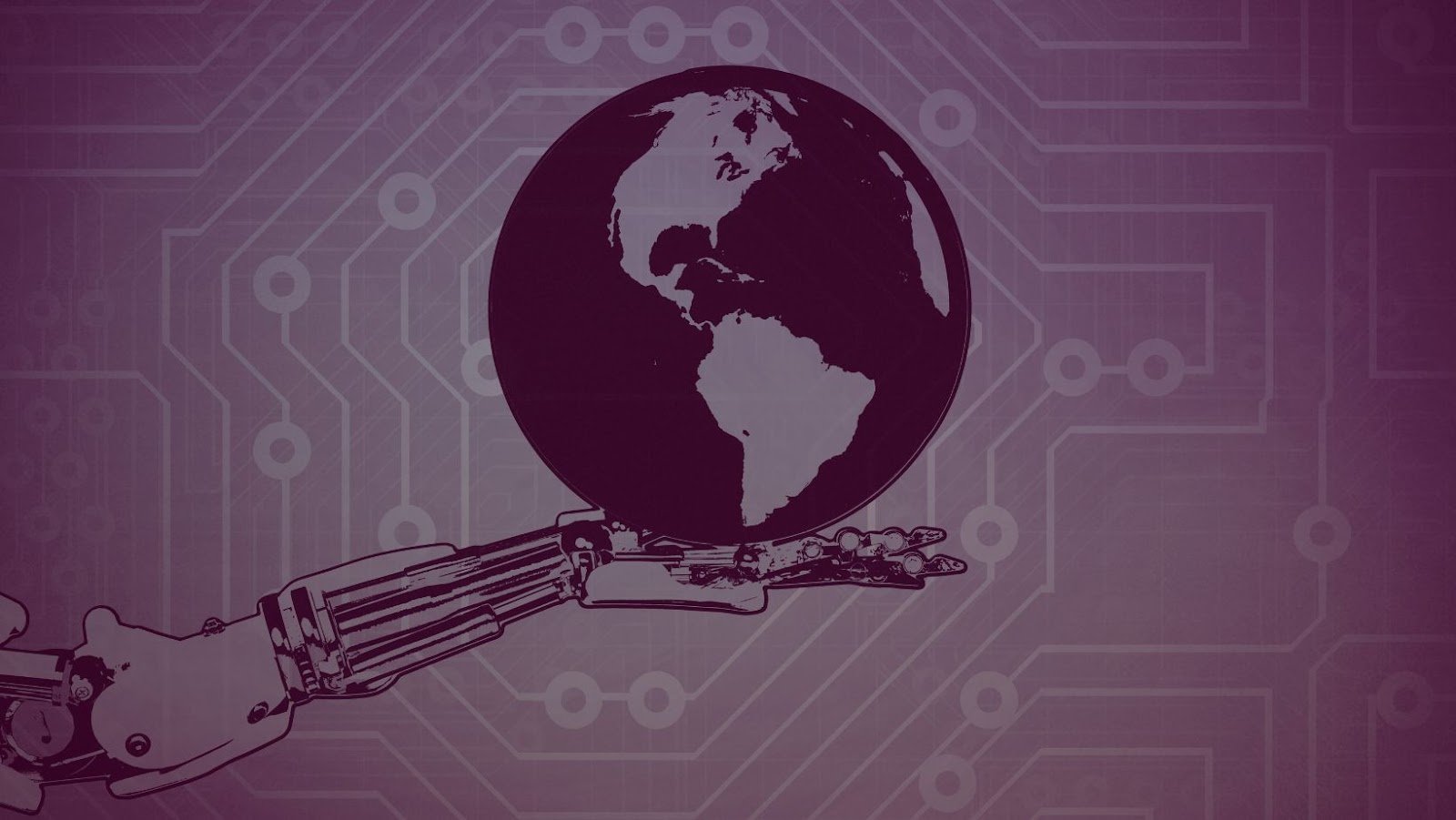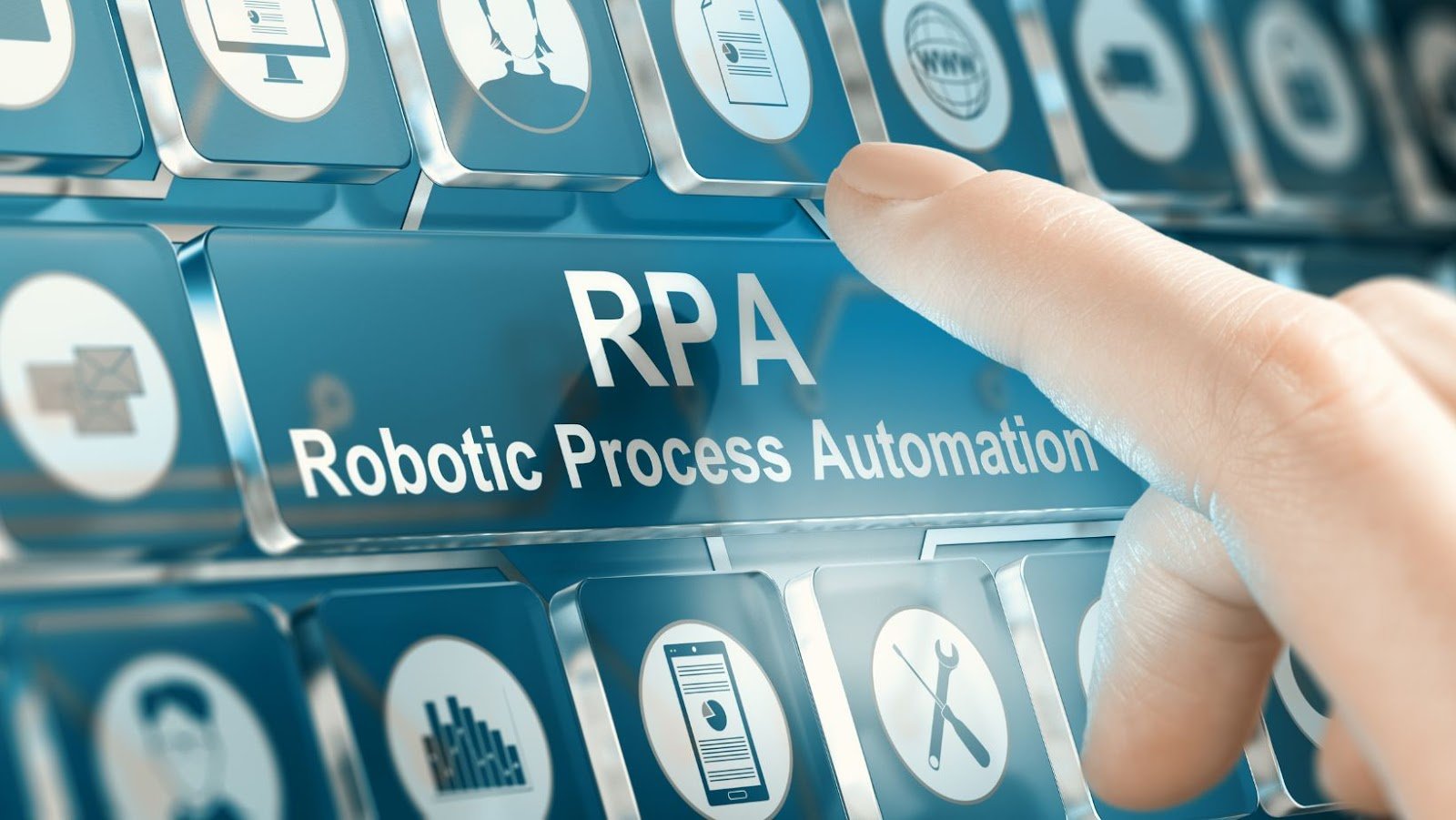RPA, or Robotic Process Automation, is a technology that uses software “robots” to automate repetitive, rule-based tasks that humans previously performed. These robots can interact with digital systems and applications like humans and perform tasks such as data entry, data extraction, report generation, and more.
RPA is a type of automation technology that automates manual, repetitive, and time-consuming tasks. It can be used across a wide range of industries and functions. It is designed to help organizations improve efficiency, reduce costs, and free up employees to focus on more strategic and complex tasks.
RPA technology can be implemented in various ways, including desktop automation, attended automation, and unattended automation. Depending on the complexity of the task and the level of human intervention required, RPA development services can be configured to operate in a fully autonomous mode or in a manner where human oversight is needed.
Overall, RPA is a powerful technology transforming the way organizations work, enabling them to automate tasks that were previously impossible to automate and achieve greater efficiency, accuracy, and productivity.
Use Cases of RPA Development
Finance and Accounting
Automation through RPA is revolutionizing the finance and accounting sector by taking over repetitive tasks such as invoice processing, financial statement preparation, and payment reconciliation. By implementing RPA, businesses can increase efficiency, reduce errors, and focus on more strategic activities. For example, RPA can read invoices and extract relevant data, then input it into an accounting system, reducing the need for manual data entry. RPA can also reconcile payments by cross-checking them with invoices and flagging discrepancies, freeing up time for finance teams to analyze financial data and provide insights to the business.
Human Resources
In the HR sector, RPA is being utilized to automate manual and time-consuming tasks such as employee onboarding, resume screening, and performance evaluation. By implementing RPA, businesses can improve efficiency, reduce errors, and focus on more important activities such as talent development and strategic planning.

For instance, RPA can assist with onboarding by filling out paperwork and sending reminders to new employees. RPA can also screen resumes by extracting relevant data and comparing it to job requirements, reducing the time recruiters spend analyzing resumes. RPA can even provide performance evaluation reports by analyzing employee data and metrics.
Customer Service
With RPA, businesses can automate customer service tasks such as customer data collection, order processing, and issue resolution. By automating these tasks, companies can improve response times, increase customer satisfaction, and free up customer service representatives to focus on complex inquiries. For example, RPA can collect customer data by extracting relevant information from forms and inputting it into a CRM system. RPA can also process orders by inputting data into an order management system, then checking inventory and shipping information. Finally, RPA can resolve issues by following pre-set decision trees and flagging complex inquiries for human representatives.
RPA, or Robotic Process Automation, is a technology that uses software “robots” to automate repetitive, rule-based tasks that humans previously performed. These robots can interact with digital systems and applications like humans and perform tasks such as data entry, data extraction, report generation, and more.
Banking
The banking industry is one of the early adopters of RPA technology. RPA can automate repetitive tasks such as data entry, account opening, loan processing, and compliance monitoring. By automating these tasks, banks can improve operational efficiency, reduce errors, and enhance customer experience. For example, RPA can read customer data from multiple sources and input it into a core banking system, eliminating the need for manual data entry. RPA can also assist with loan processing by extracting relevant data and cross-checking it with customer information and credit scores.
Healthcare
In the healthcare industry, RPA can automate administrative tasks, such as patient data entry, appointment scheduling, and claims processing. By implementing RPA, healthcare providers can improve operational efficiency, reduce errors, and enhance the patient experience. For instance, RPA can collect patient data from various sources, such as forms and medical records, then input it into an electronic health records (EHR) system. RPA can also schedule appointments by checking doctor availability and patient preferences. RPA can process claims by extracting relevant data and checking it against insurance policies.
Supply Chain Management
Efficient supply chain management is essential to the success of any business. RPA can help automate several supply chain processes, such as order processing, inventory management, and shipping and delivery. RPA software can extract data from various sources, such as purchase orders, invoices, and shipping documents, and use that data to automate these processes. This can help reduce errors, improve delivery times, and streamline supply chain operations. Additionally, RPA can help businesses better manage their suppliers by automating supplier onboarding and performance monitoring, reducing manual efforts and improving supplier relationships.
Retail
With the rise of online shopping and the increasing demand for fast delivery, retailers need to optimize their supply chain and reduce costs. RPA can help automate several retail processes, such as price monitoring, competitor analysis, and customer service. RPA software can extract data from various sources, such as competitor websites and social media, and use that data to make pricing decisions and analyze trends. Additionally, RPA can help retailers improve their customer service by automating responses to frequently asked questions, tracking orders, and resolving issues quickly. This can help retailers improve customer satisfaction and increase sales.
Insurance
The insurance industry deals with vast amounts of data and complex processes, which can be challenging to manage manually. RPA can help automate several insurance processes, such as claims processing, underwriting, and customer service. RPA software can extract data from various sources, such as insurance forms and customer emails, and use that data to automate these processes. This can help reduce errors, improve accuracy, and streamline operations. Additionally, RPA can help insurance companies better manage their compliance requirements by automating regulatory reporting and monitoring. This can help insurance companies stay compliant and avoid costly penalties.
Manufacturing
The manufacturing industry relies heavily on repetitive and time-consuming tasks such as data entry, inventory management, and order processing. RPA can help automate these tasks, freeing up employees to focus on higher-value tasks such as research and development. RPA software can extract data from various sources, such as production reports and supply chain systems, and use that data to automate tasks such as inventory management, scheduling, and quality control. Additionally, RPA can help manufacturers monitor equipment and production lines, automatically generating alerts when there are issues. This can help reduce downtime and improve overall efficiency, leading to cost savings and increased productivity.
RPA development services are becoming increasingly prevalent in retail, insurance, manufacturing, and education sectors, where it is being used to automate tasks ranging from inventory management to grading.
Education
The education industry can also benefit from RPA by automating administrative tasks such as student enrollment, grading, and scheduling. RPA software can extract data from various sources, such as student forms and registration systems, and use that data to automate these processes.

This can help reduce errors and improve the overall efficiency of administrative tasks. Additionally, RPA can help educational institutions manage their finances by automating tasks such as invoice processing and account reconciliation. This can help reduce the time and cost associated with financial management, allowing institutions to allocate more resources to student learning and development.
Conclusion
In today’s fast-paced business environment, companies continuously seek ways to streamline operations, reduce costs, and enhance customer experience. Robotic Process Automation (RPA) development has emerged as a game-changer that can help companies achieve these goals. By automating repetitive tasks and processes, RPA development has enabled businesses to increase operational efficiency, reduce errors, and improve customer and employee experience.
While RPA development has made significant strides in banking, healthcare, and supply chain management, its potential applications are virtually limitless. RPA development services are becoming increasingly prevalent in retail, insurance, manufacturing, and education sectors, where it is being used to automate tasks ranging from inventory management to grading.
As businesses seek to leverage the power of RPA development, partnering with an AI development company can be highly beneficial.
AI development companies have the expertise and experience to design, develop, and deploy RPA solutions customized to specific business needs. By partnering with an AI software development company, businesses can save time and money while freeing up human resources to focus on higher value-added activities.
RPA development is a transformative technology changing how businesses operate. It can unlock new opportunities, drive growth, and help enterprises stay ahead of the competition. With the right partner, companies can leverage the power of RPA development and reap the benefits of increased operational efficiency, reduced errors, and improved customer and employee experience.














































































































